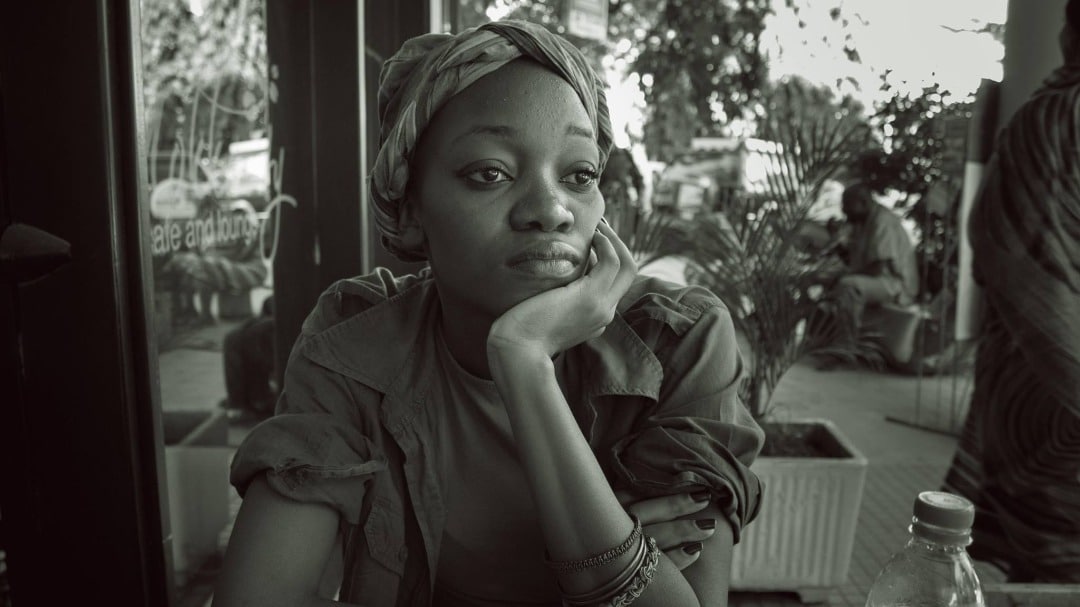
Episodes from planet Fumba
Narrated by the very people who live and work there
I learned something new today. I was walking around the Kwetu Kwenu Farmer’s Market when I saw a table that was selling coins that could be worn as jewelry. I had been in the search for a nice neck piece. They had coins from as many countries, continents and time periods as you can possibly imagine. The vendor knew the history of each and every coin. The one that stuck out to me, was the “Heller”. This coin was introduced to Tanzania by the Germans in 1904 during their colonial rule.
The reason its history stood out for me is because I had always assumed that the word “hela” that we use to refer to money had its origins in the Swahili language. Little did I know that the word came from a time when my people were colonised and oppressed.
I am fascinated with the history of language, especially the history of words that we have re-modified and call our own. It is interesting to note that a significant amount of words that we use in our day-to-day language originates from another political era all together.
As I bought my neck piece and continued to walk around the market, I wondered whether a coin introduced by an oppressive power should be given value by using it as a jewelry piece today? Or is it the other way around? Could I, by adopting it alter its meaning connecting it to my own interpretation of history?
Blackbird